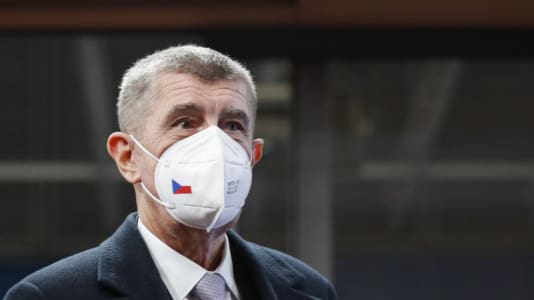Russia has expelled German broadcaster Deutsche Welle and revoked accreditation for its employees in Moscow, in what has been described as a retaliatory measure against a German ban on Russian state broadcaster Russia Today.
The Licensing and Supervision Committee of the German Media Authorities (ZAK) announced on Wednesday a ban on the German-language Russian broadcaster RT DE across Germany, a move the Kremlin described as “nothing but an attack on freedom of expression.”
In a statement, ZAK claimed that RT DE is subject to a license under the German rules on media services, but its producer did not request it and the competent media authority did not grant it a license. As such, live broadcasting and distribution via the internet, satellite and mobile and smart TV applications called RT News must be stopped.
RT launched legal proceedings arguing that it has obtained permission to broadcast cable and satellite from a member of the European Convention on Trans-frontier Television, Serbia. However, ZAK maintains that a German broadcasting license could only be issued by a German authority, and a license granted by another European entity is insufficient.
In response, Russia blocked Deutsche Welle
Moscow has immediately responded in kind with the Russian foreign ministry announcing on Thursday that it will cease satellite and all other broadcasts of German broadcaster Deutsche Welle in its territory with immediate effect.
Russia has closed the broadcaster’s correspondent office in Moscow and subsequently revoked accreditation of its employees, a move Deutsche Welle claims is an overreaction.
Peter Limbourg, the director-general of Deutsche Welle revealed that Moscow’s retaliation had exceeded his expectations. “We had been expecting some measures by the Russian side, but I think this is a total overreaction from the Russian government.
He claimed it was yet “another sign that the Russian government is not interested in press freedom and freedom of opinion.
“Even if we have to leave the country, we will intensify our reporting on the country. We will not just ignore what is happening in Russia, we will report. And we will do more and more,” he added.





